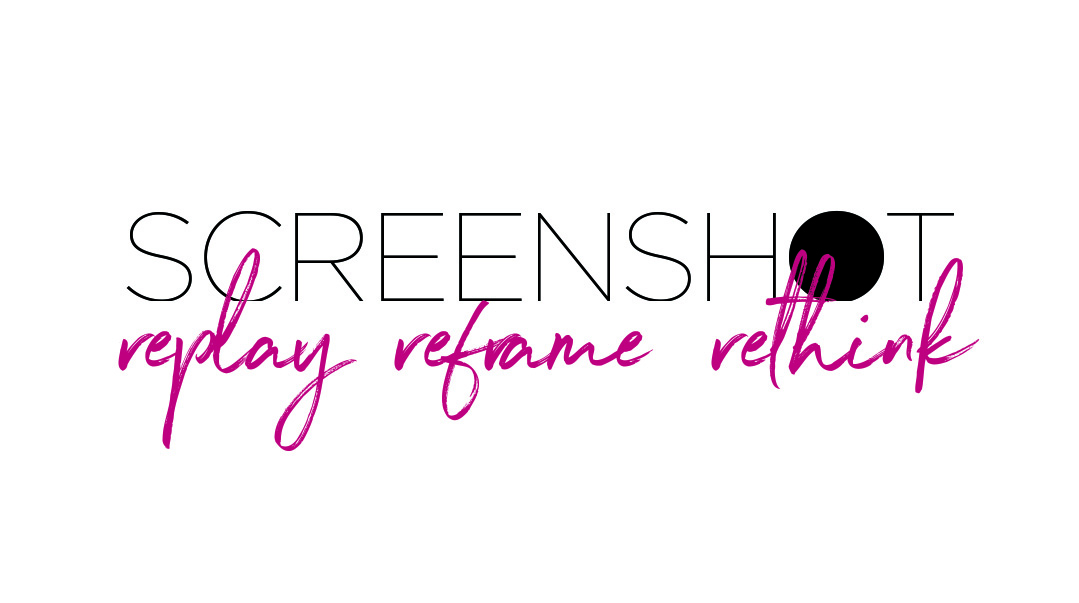1000 and Counting

It’s been 1,000 issues on the balance beam, trying to get it all right
A few months ago, when we realized we were approaching Issue 1000, we stopped short. It’s a big number, a significant achievement. And like most significant achievements, it is due to the efforts of many people.
Only one person currently working at Mishpacha on a daily basis has been here since the beginning (it’s not me). It’s a product that has developed, morphed, and changed, gaining from the ideas, talents, and sheer hard work of so many contributors over the years.
And you, our readers, have contributed too. In many ways, this magazine is a weekly dance between its producers and readers. Sometimes it’s the writers and editors who set the topic of conversation, question a norm, or introduce a hero. And sometimes it’s the readers. That’s true in the most literal sense — many of the people and programs featured on our pages came our way via suggestions from readers. But even in a more figurative sense, the readers’ dialogue on the pages of the magazine and your feedback behind the scenes shape and drive so much of the content.
There are other weekly “dances” that take place, regular dilemmas that we keep trying to navigate. There’s the balance between our ambition for a perfect (or near-perfect) product and our acknowledgment of the people who put it out. Yes, you can ask the writer for a fourth draft, but at what price? You can keep the editing staff at the office for yet another hour on a closing day to perfect every last teaser, but will they show up happily the next morning when you made them crazy over quotation marks the night before?
One of the elements that is so crucial to the character of this magazine is its “mix,” or balance of content. We try to build each package so it includes a variety of tones and flavors — something heavy, something light, something analytical, something inspiring. It’s the rare week that we get the balance precisely right, but that’s why there’s always another week to try again.
There’s also what we call the “mirrors versus windows” question. How much content should mirror the reality of our daily lives, and how much should provide a window, an escape, to new horizons and experiences? The answer to that question shifts on a weekly basis — especially during times of tension and sadness for Klal Yisrael — and requires constant recalibration.
Then there’s the juggling act to produce the most gripping content while never descending into cheap sensationalism. Everyone in this business is eager for a “scoop” — we are too — and everyone aims to market their material in the most compelling way, but what are the boundaries between grabbing readers’ attention and losing your integrity?
And then there are the gatekeeping decisions — what goes into a family magazine, what stays out? We respect our readership and try never to whitewash or patronize. But a commitment not to whitewash doesn’t mean an open border. Not every topic belongs inside these pages. Sometimes a sensitive issue can be discussed with careful phrasing, but sometimes we say no, this is not a topic for a family magazine.
So it’s been 1,000 issues on the balance beam, trying to get it all right. Knowing that we can’t be perfect (there’s only One Being that fits that description) but knowing that doesn’t mean we can’t aim for excellence. Knowing that no matter how valuable a contributor is, no matter how brilliant their work, the only way to get the package to the printer (and to your coffee table) is by respecting and working with the others on the team.
And knowing that of all the things we do, all the scoops we get, all the hard-hitting reporting or lyrical writing we publish, the overriding goal is something that even the highest of journalistic standards can never encapsulate. It’s to somehow convey, with paper and ink, a weekly celebration of Yiddishkeit — a lively, inspiring, and compelling testament to the beauty and vibrancy of a lifestyle guided by the values that have sustained us as individuals, as families, and as a timeless people.
—Shoshana Friedman
Managing Editor
(Originally featured in Mishpacha, Issue 1000)
Oops! We could not locate your form.




